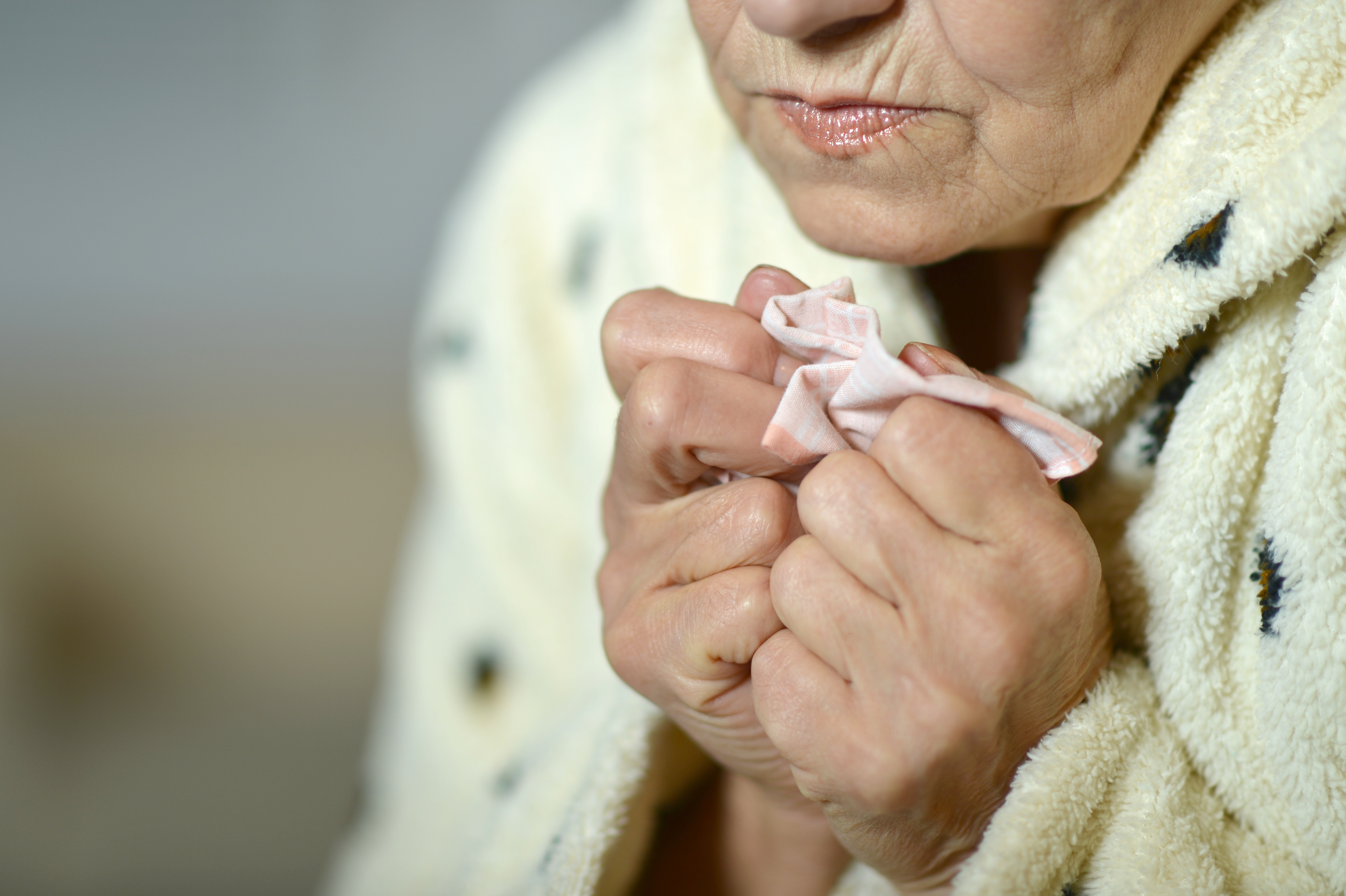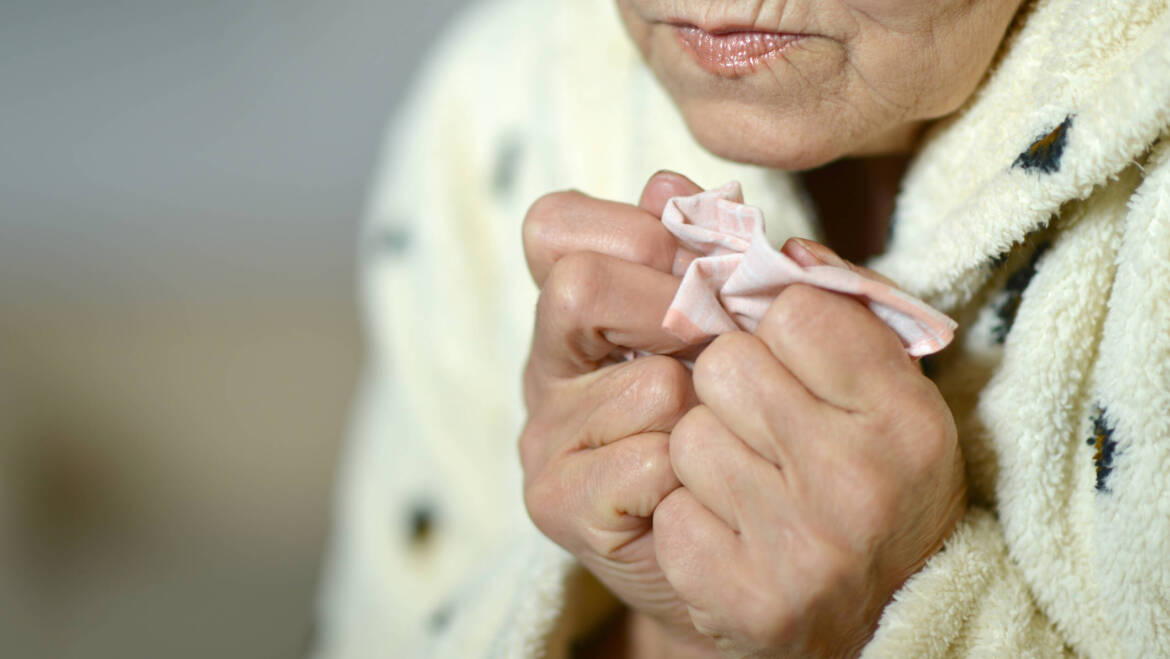 Winter is here, and its normal to feel cold now and then – even indoors. In most cases, turning up the heat or putting on an extra layer is sufficient. However, for senior citizens, feeling very cold can turn into becoming very sick… very quickly.
Winter is here, and its normal to feel cold now and then – even indoors. In most cases, turning up the heat or putting on an extra layer is sufficient. However, for senior citizens, feeling very cold can turn into becoming very sick… very quickly.
As we get older, our body loses heat much quicker than it used to. It’s common for older adults to feel cold more often. Yet, there are changes that happen in the body that make it difficult to feel how cold it actually is. Even on a 60-degree day, a senior staying in a poorly insulated home with low-heat is at risk for developing hypothermia.
Hypothermia sets in when the body temperature drops below 95 degrees Fahrenheit. It’s important to know the signs of hypothermia, and how to prevent this medical emergency from occurring.
What can make seniors more susceptible to hypothermia?
- Lack of heat production: Older adults are more likely to be inactive, thus producing less heat, and may not dress appropriately for certain temperatures. Certain health conditions such as diabetes, hypothyroidism and malnutrition can also contribute to lack of heat production.
- Increased heat loss: As people get older, the subcutaneous fat layers that are necessary for insulation of the organs and muscles become thinner.
- Medication use: Certain medications can make it more difficult not only to regulate temperature, but to even notice colder temperatures due to numbness or fatigue. People taking these medications may not react and take appropriate actions fast enough.
- Financial burden: Some low-income seniors could be more likely to keep the heat low in order to save on bills.
Tips for hypothermia prevention:
- When at home, set the heat to at least 68° F. Placing a rolled towel in front of doors (keep mobility requirements in mind) or keeping doors shut can help save on heat. Even keeping the blinds or curtains closed can make a difference on heat lost through windows.
- Wear warm and comfortable clothing – preferably loose layers. Air between layers can help maintain heat. Keep in mind that after waking up, the body needs time to warm up and boost metabolism, so one should dress warmly.
- Avoid going out into cold and windy weather. If leaving home is necessary, bundle up and be sure to wear a hat, scarf and gloves as lots of heat is lost through the head and extremities.
Those with an elderly loved one who lives alone should try creating a plan for someone to check-in on/call that person once a day. It can sometimes be difficult to tell if someone is suffering from hypothermia, so its important to know the signs.
Warning signs:
- Cold feet and hands
- Pale skin; blueish lips or fingertips
- Slower or slurred speech, sleepiness
- Shivering (although some people with hypothermia don’t shiver at all)
- Mild confusion
Later signs can include trouble moving, worsened confusion, slow breathing and heartbeat, and even loss of consciousness.
If you suspect that someone is suffering from hypothermia, contact medical services immediately. Gently wrap the person in warm clothes or blankets, but do not place them in a shower. Warm beverages that don’t contain caffeine can help as well. Keep in mind that home thermometers cannot detect hypothermia, so it’s important that this person be diagnosed and treated by a professional.
For most of us winter weather is just a part of life, but as we get age it can become a threat to our health. Hypothermia is just one of the difficulties that the season can pose, but with planning and awareness another safe and healthy season is surely possible!

